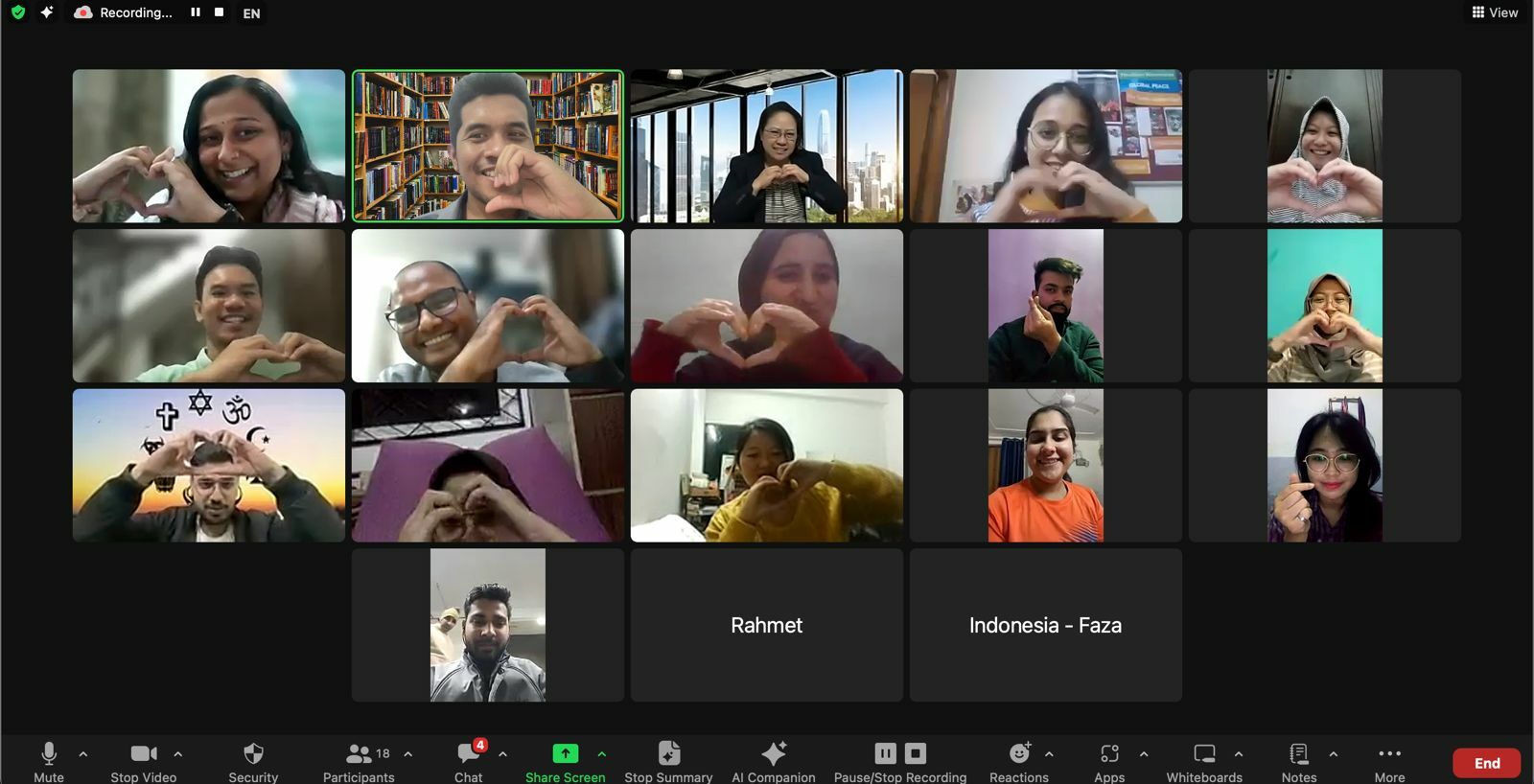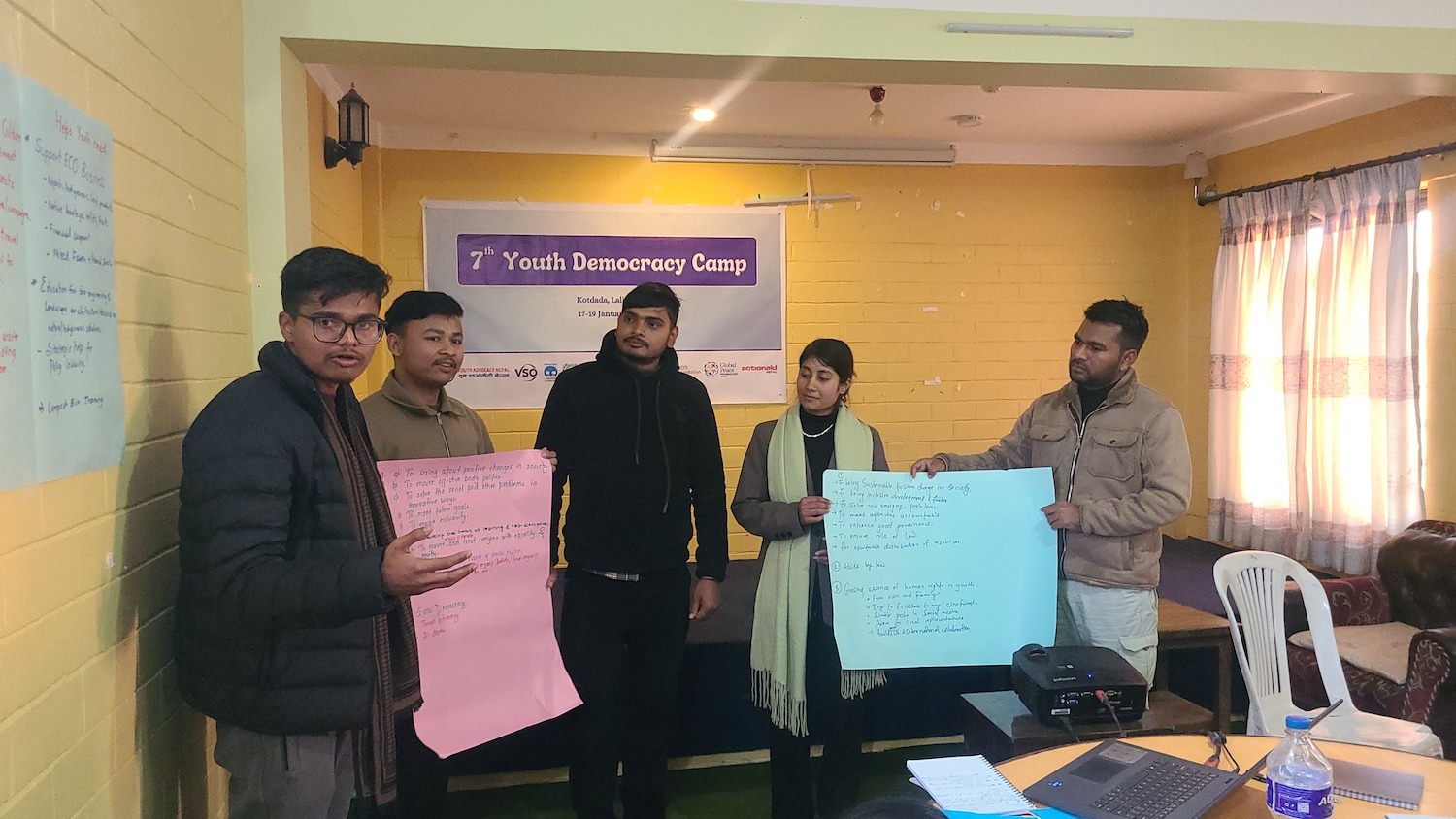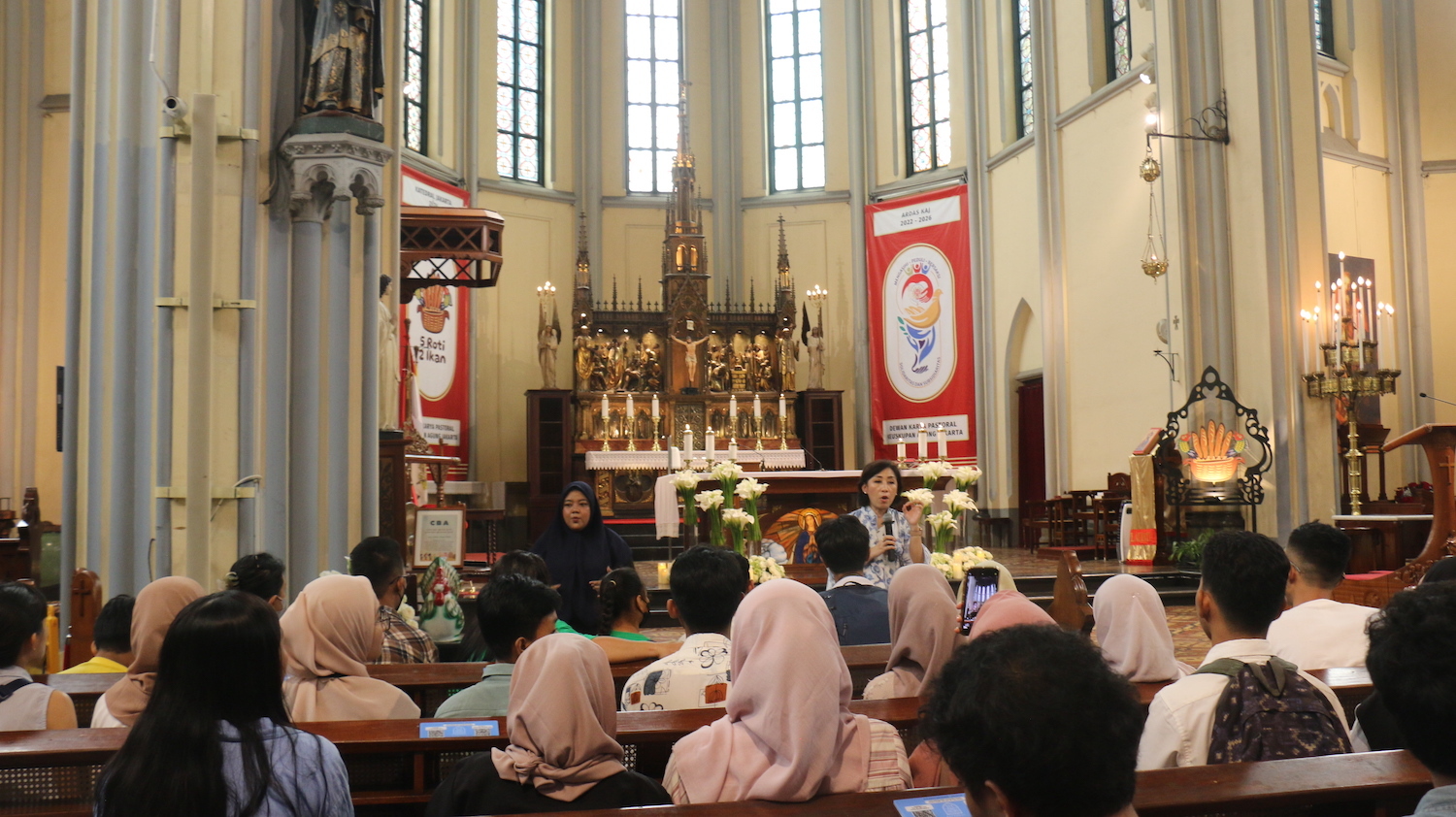“It is our contention that reunification and Korean identity are intimately connected together,” affirmed Mr. Michael Marshall, Senior Research Adviser for the Global Peace Foundation, at a New York University (NYU) Korean reunification event. On Tuesday, April 26th, Global Peace Youth USA and NYU’s Freedom for North Korea (F4NK) hosted “A Vision for a Unified Korea” event that touched upon the importance of having a clear vision rooted in Korea’s long history that can give shape to Korean identity and support the reunification process.
“We cannot simply look at the politics and the economics but should look at broader cultural issues, historical issues and issues of principle and values that are rooted in Korean history and tradition.” -Michael Marshall
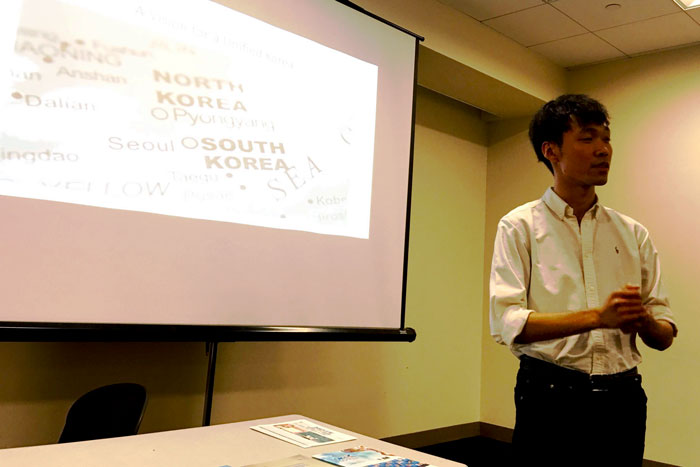
F4NK President Sangyoon Park introduces the Korean Unification event
In a recent interview with Vice News, Dr. Victor Cha, Korea Chair of the Center for Strategic and International Studies, concluded that reunification is often overlooked when it comes to issues regarding the peninsula. Dr. Cha pointed out that North Koreans “are ethnically the same people as the South Koreans,” representing one of the most successful people and countries in the world. Mr. Marshall asserted, “We cannot simply look at the politics and the economics but should look at broader cultural issues, historical issues and issues of principle and values that are rooted in Korean history and tradition.”
Mr. Marshall highlighted key points from “The Korean Dream: A Vision for a United Korea” written by GPF’s chairman and founder Dr. Hyun Jin Preston Moon. In discussing reunification, Dr. Moon points out the importance for the Korean people to look beyond its 70 years of division and look toward its long history as a reunified nation to define the common identity that North and South Koreans share in order to bring together a divided people. The “Korean Dream” provides a vision for the Korean people of the type of nation they can aspire to build rooted in their heritage not just as a reunified nation, but as a nation that aspires to make an impact on a global scale.
Mr. Marshall shared that “in times of transformational change, it’s very important that nations and people, who are going to carve out a successful path to the future, have a vision of who they are, where they are going, and what ideals are going to take them there.” He provided the example that America reverted back to its founding vision and ideals to guide the nation during the Civil War and the Civil Rights movement in the 60’s. “Just like how the Declaration of Independence served as a touchstone for the American leadership and people to turn to in guiding their nation during times of crisis, so too has Korea’s founding ideology acted as a touchstone for the Korean people.” Here, Dr. Moon refers to Korea’s founding ideology “hongik ingan” or “living for the greater good of humanity”, which has acted as that “touchstone” for the Korean people.
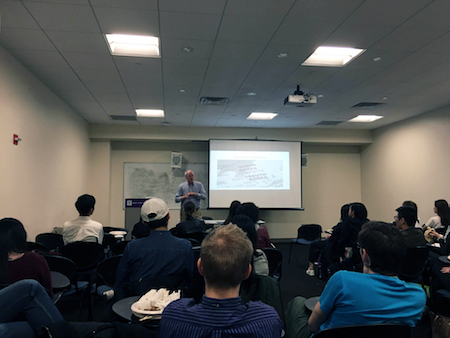
Michael Marshall addresses students at NYU Korean Unification event
During the question and answer segment, one student brought up the type of arguments people have had against reunification. Economic questions are a big concern for the younger generations observing the financial burdens that might follow the reunification process rather than the potential benefits. Another student asked, “How do you guide the youth who don’t seem to be so interested in this vision?” Mr. Marshall suggested that there be a popular educational movement. He shared about GPF’s work in reawakening the South Korean people with their sense of Korean identity, including talks on history and reunification in various universities in South Korea and a “One Dream One Korea” K-Pop concert in Seoul’s World Cup stadium last October. “It’s putting into the consciousness of young people the idea that we here in the South do have some relation and connection with those [in the North].”
Issues on the Korean peninsula are making headlines around the globe. Scholars are recognizing how Korean reunification can solve many of the issues within the peninsula and in the surrounding region. “It’s not a question of if,” Ambassador Ahn Ho-Young declared in his congratulatory remarks at a 2014 CSIS conference, “It’s a question of when. It will happen eventually, but we do not know when. What should we be doing today in order to promote the process of reunification and be better prepared for it?”
“It’s not a question of if. It’s a question of when. It will happen eventually, but we do not know when. What should we be doing today in order to promote the process of reunification and be better prepared for it?” -Ambassador Ahn Ho-Young
GPF is working in South Korea on a “One Dream One Korea” campaign to build a broad-based movement for Korean reunification. GPF is also actively seeking to engage the Korean diaspora and the international community in this campaign, including such groups as F4NK. Students left the event thinking about how they can be involved in Korean reunification. Freshman Political Science major Samuel Kim said he can contribute, “by educating myself more on the subject, and by helping foster more of a dialogue about Korean reunification with those who are not as well-versed.”
This NYU event marked F4NK’s final event for the academic year opening up discussions about the importance of one’s heritage from the Asian-Pacific American community. May is Asia-Pacific American heritage month in the United States where they celebrate their tradition, history and culture. What an appropriate occasion to reflect on the importance of learning from one’s heritage and how such a heritage can bring together a divided people such as those on the Korean peninsula.

Group shot with Freedom for North Korea

